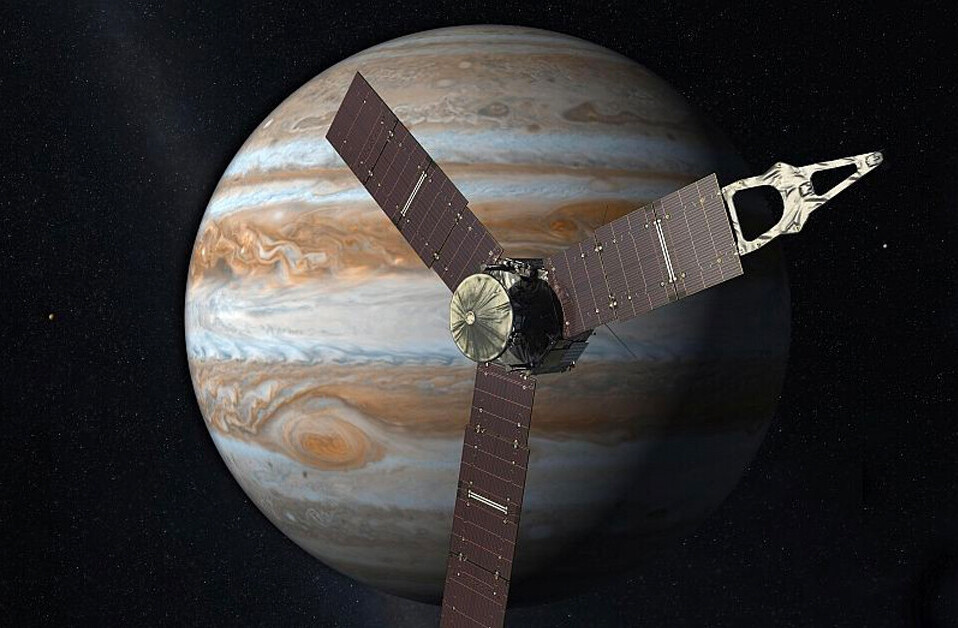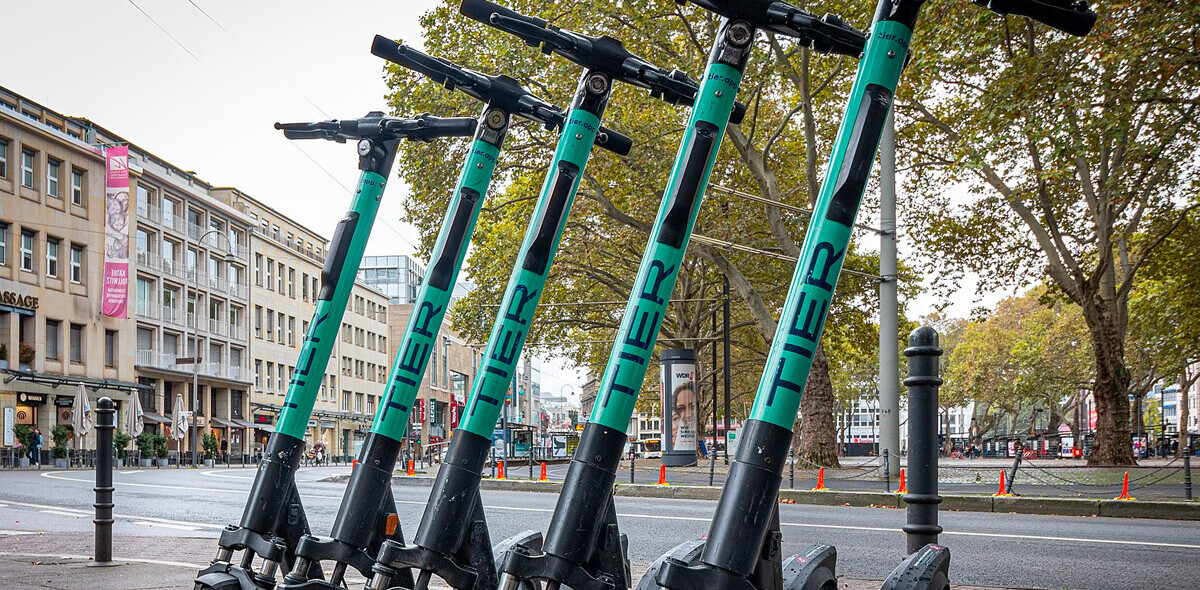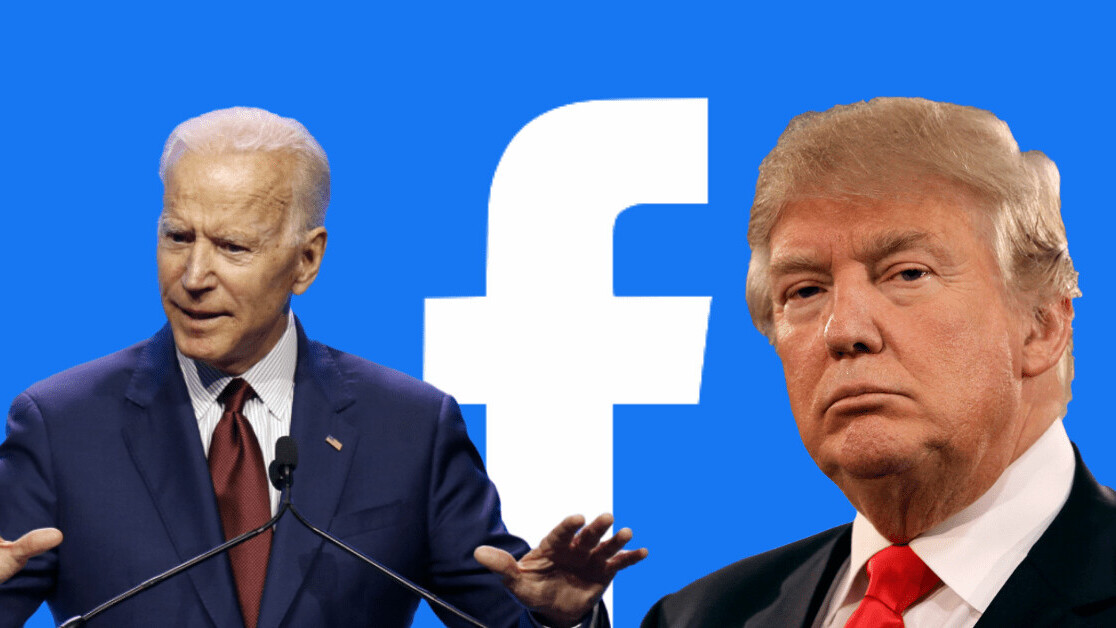
Facebook was the election battleground that helped fuel Donald Trump’s journey to the White House in 2016, and the president continues to dominate on the social media platform in 2020.
My initial analysis of 4,450 Facebook posts from equal campaign periods before the 2016 and 2020 elections indicates that the current Democratic candidate, Joe Biden, is trailing the performance of Hillary Clinton in 2016. In contrast, Trump is exceeding his 2016 performance.
In my research of Facebook use by British political parties, I’ve seen Facebook fit ever more closely into the heart of modern political campaigning, with the rise of targeted advertising and novel types of organic (unpaid) posts and memes.
While much attention has been paid to the growth of paid-for targeted advertising on Facebook, research also points to the importance of organic campaigning – social media activity that occurs without paid promotion. It is this organic battle that Trump won so clearly in 2016, and the data I’ve been looking at shows a similar situation in 2020.
I’ve been using Facebook’s research tool, Crowdtangle, to compare the performance of posts made by the official Facebook pages of Clinton and Trump in 2016 with those by Trump and Biden in 2020. I focused on a 100-day period, ending 30 days before polling day in both years. Crowdtangle picks up all the posts sent by these two leaders’ Facebook pages during the 100 days; however, as social media posts can be deleted, it is possible that some data has been lost.
These pages only reflect a portion of party campaigns on Facebook because they don’t include the targeted advertising battle currently underway, nor the hundreds of other Facebook pages the parties use to campaign. But the Biden and Trump official Facebook pages – with a combined following of 32 million – are central to how the two campaigns spread their message organically on the platform. As such, they provide a clear insight into the overall health of the two parties’ campaigns, allowing for an appreciation of follower enthusiasm and the wider reach the candidates have achieved.
Trump soldiers on as Biden stumbles
Facebook users can follow someone or something by liking the overall page. According to data from the archive site Wayback, by early October, Trump had increased the number of people who like his Facebook page by 164% between 2016 and 2020, from 11 million to 29 million. He is far ahead of Biden on 3 million, who has half the 6 million people liking his page that Clinton had gathered in October 2016.
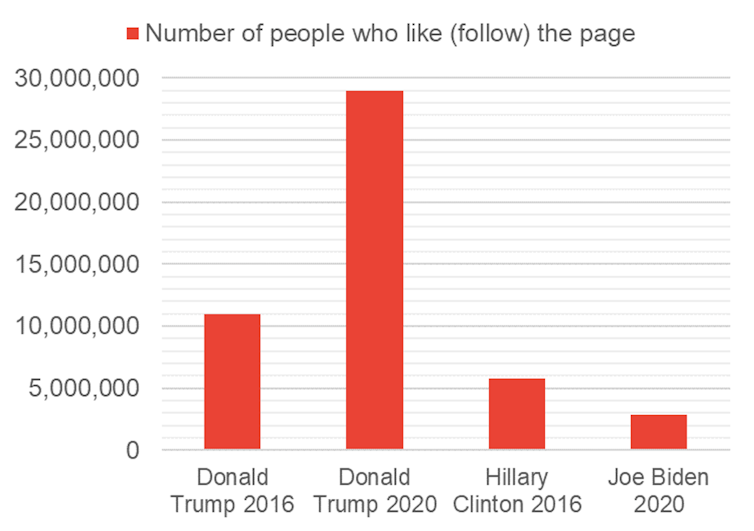
The Crowdtangle data shows that average engagement with Trump’s posts also grew between the 2016 and 2020 campaigns. Although he was already way ahead of Clinton on Facebook in 2016, his lead has now increased over Biden. Biden has also failed to achieve the levels of engagement on Facebook that Clinton had in 2016. The Democrats have allowed their position to fall back while the Republicans have stormed forward.
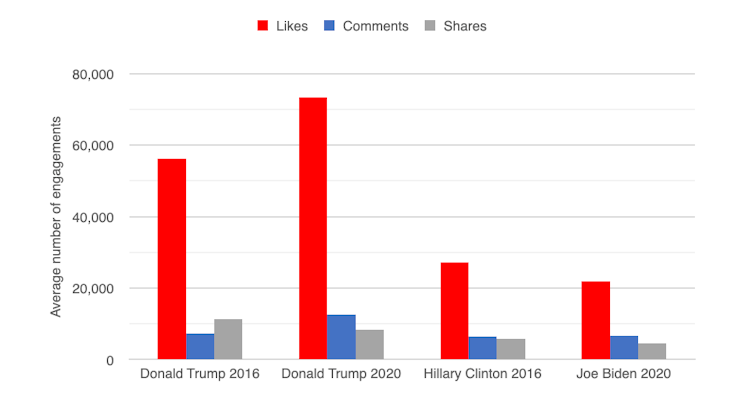
However, the number of times Trump’s own posts have been shared has been going down since the 2016 campaign. This decline in shares is also evident when comparing shares of posts by Clinton and Biden. This shows that both Trump and Biden have followers who, although still likely to engage with posts, are less keen to take ownership of content and spread it directly to their own networks.
This trend potentially fits into the wider stagnation of Facebook, which has experienced stalling user growth, and it means political parties are having to battle even harder to engage their followers. This decline in shares is a direct threat to the ability of both the Biden and Trumps campaigns to break out of social media echo chambers, environments where people only encounter information that reflects their existing opinions.
Biden’s small but active base
Although the Democrats appear to have acted far too late to develop Biden’s page, a metric I’ve developed called the “virtual member activity score” shows a more positive picture for the Democrat candidate. This measure takes the total engagement and divides it by the number of followers to show the number of engagements a page has achieved per follower.
The data shows that Biden has a small but active online support base who like, comment and share posts on Facebook at a similar rate to Trump’s followers, but like and comment at higher rates than Clinton achieved.
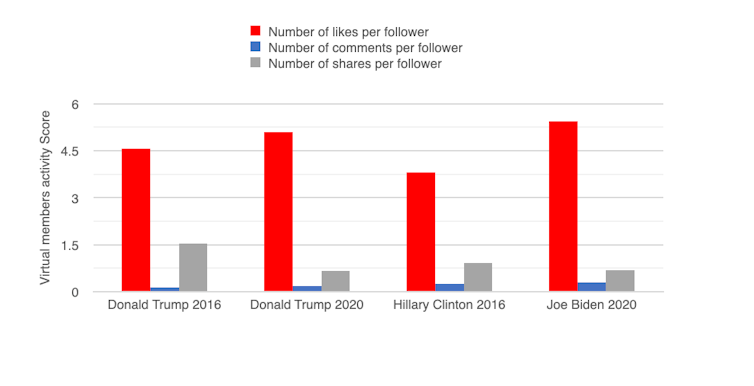
Although Biden’s followers are few, they are very active. However, because they are less likely to share posts, content is not spreading as effectively. This is most clearly seen through average video views. As videos mainly auto-play on Facebook, this shows the reach posts achieved. In 2016, Clinton gathered 423,429 views per video post to Trump’s 346,532. Her audience was extremely effective in sharing videos and content was clearly engaging. However, today Biden has fallen badly behind with 130,737 views per video post to Trump’s 441,722. Although Biden has an engaged audience, his messages don’t appear to be getting to the Facebook population.
The fact that Trump’s much larger support base is nearly as engaged as Biden’s in terms of liking and sharing his posts means the Trump campaign has a far stronger ability to spread its message more widely across Facebook.
Type of engagement
The data from Crowdtangle also suggest that the large increase in total engagement with Trump’s posts isn’t down to people who necessarily dislike him. While there has been an increase in comments (which may be negative), when looking at the type of reactions Facebook allows – love, wow, haha, sad, angry and care – Trump has not received more angry reactions than he did in 2016. Instead, he’s increased the proportion of people who “loved” his posts between 2016 and 2020.
This is in contrast to Biden, who has received fewer love and angry reactions, but more sad reactions compared with Clinton in 2016.
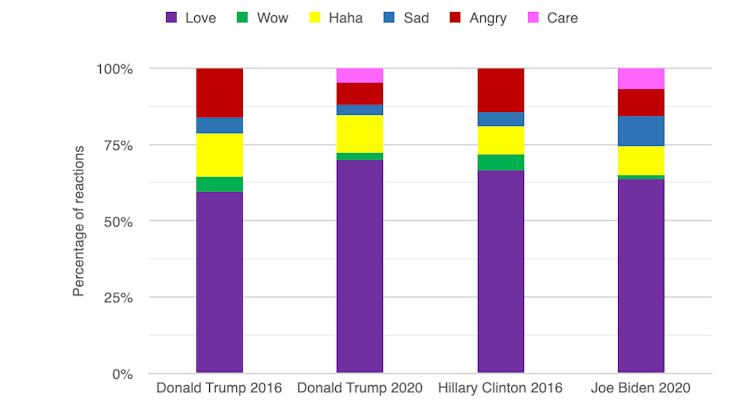
Overall, the picture today is remarkably similar to 2016. Facebook is still the most important social network for political campaigning because it is more representative of the US population, and people’s Facebook networks are more likely to include people they know in the real world than networks such as Twitter.
Engagement on Facebook matters, and it’s in this popularity contest that Trump is succeeding once again. Today, many people are acting like digital doorstep campaigners for the president, delivering political content integrated with their own social characteristics. And at the moment, more people on Facebook are doing this for Trump than for Biden.![]()
This article is republished from The Conversation by Tristan Hotham, PhD Researcher, University of Bath under a Creative Commons license. Read the original article.
Get the TNW newsletter
Get the most important tech news in your inbox each week.

